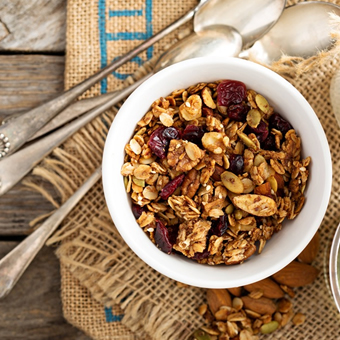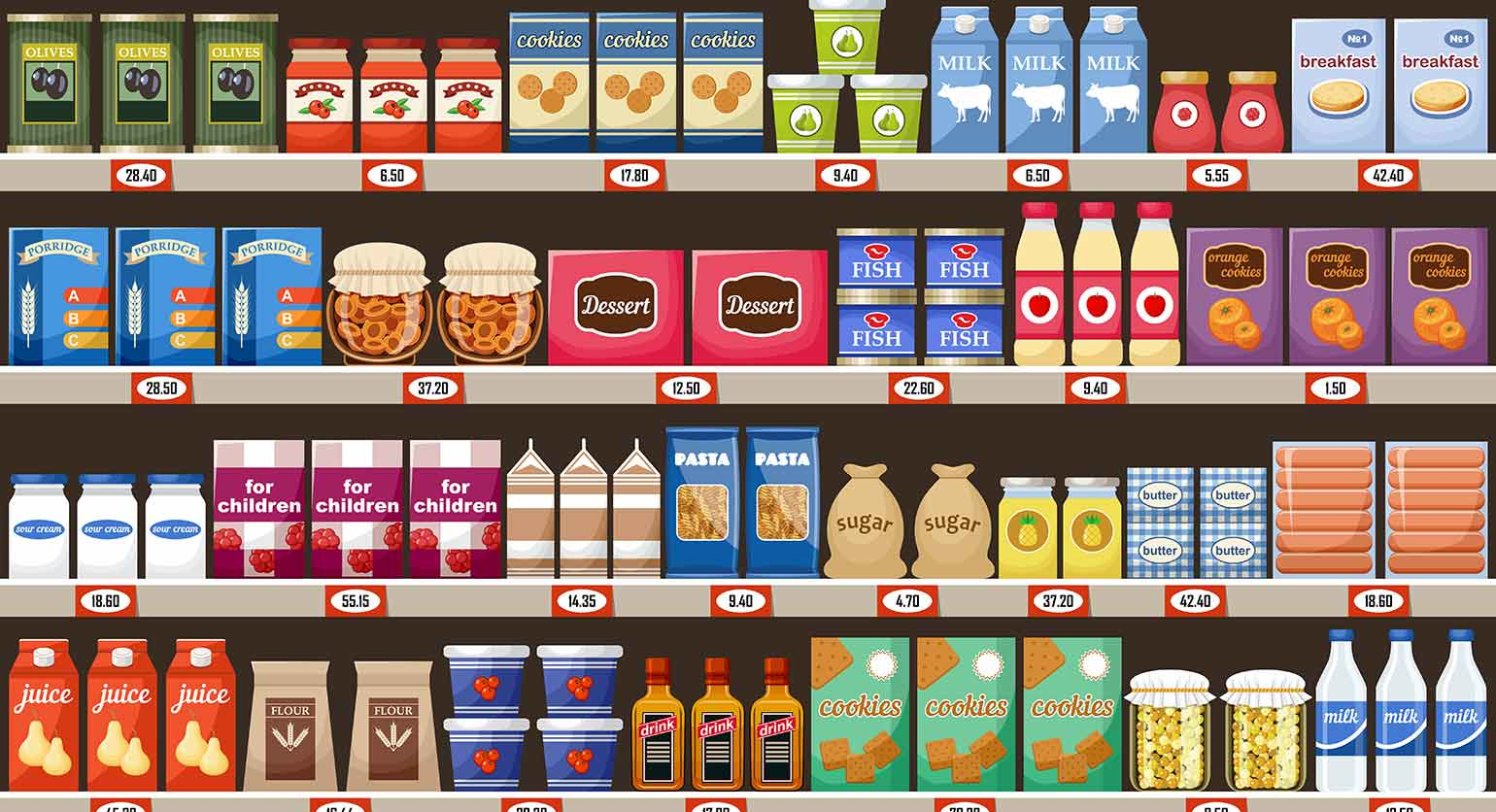In today's conscientious consumer landscape, the need for ethically sourced and also lasting products has risen. Private label food manufacturers have actually become pioneers in this domain name, commonly teaming up with contract food manufacturers to spearhead sustainability as well as accountable sourcing initiatives. With an undaunted dedication to environmental values, exclusive label brand names have made it their objective to provide lasting, top quality options to customers.
Private Label Food Manufacturers
Recently, private label food manufacturers, likewise called own brand names or store brands, have actually experienced an amazing rise in popularity. These manufacturers create goods offered under the logo of a store, grocer, or exclusive entity. What sets private-label products apart is their capacity to provide competitive rates without jeopardizing on quality.
Agreement Food Manufacturers
Numerous private-label food manufacturers join forces with agreement producers to create their line of product. Contract food makers are professionals in creating foodstuff for exclusive tags. This critical partnership allows personal label companies to use the knowledge, sources, as well as dedicated food production centers of their partners.
Sustainability at the Core
Private label food manufacturers utilize numerous techniques to improve sustainability within their supply networks:
Honest Sourcing:
Exclusive label business are progressively dedicated to sourcing components according to honest and fair profession criteria. This entails making sure that manufacturers and also workers of resources, such as coffee beans, flavors, or chocolate, receive reasonable settlement for their efforts.
Neighborhood Sourcing:

Focusing on neighborhood sourcing of components is another hallmark of private-label food manufacturers. This not just lowers the carbon footprint associated with transportation however also sustains local farmers and also areas.
Organic Ingredients:
With the health food market rising, personal labels are reacting by incorporating organic components right into their line of product. Organic farming practices focus on dirt health and wellness while shunning synthetic chemicals and fertilizers.
Lasting Fish and shellfish:
Private Label Food Manufacturers are attentive in making certain that the seafood they utilize is sustainably harvested, adhering to standards set by companies like the Marine Stewardship Council, which advertises liable angling.
Decreased Food Waste:
Exclusive label companies are proactively dealing with lowering food waste by carrying out efficient manufacturing processes and also developing products with longer shelf lives. private label food production Some brand names are additionally partnering with food rescue companies to give away excess food to those in need.
Eco-Friendly Packaging and also Initiatives
Sustainability efforts by private-label food producers expand past sourcing ingredients to include product packaging and green efforts:
Sustainable Product packaging:
Private label brand names have actually accepted environment-friendly product packaging options, consisting of recyclable, naturally degradable, or compostable materials. Upgrading packaging to minimize excess product as well as decrease environmental impact is a leading priority.
Waste Decrease:
To minimize waste, private-label food suppliers optimize item dimensions, decrease excess packaging, and check out ingenious packaging solutions. Some brands also encourage clients to take part in reusing programs.
Energy Effectiveness:

Numerous personal label suppliers are investing in more energy-efficient production plants, minimizing water use, and adopting renewable resource resources to better minimize their environmental impact.
Carbon Neutral Initiatives:
Some exclusive brand food producers are taking enthusiastic actions to achieve carbon neutrality by offsetting their greenhouse gas exhausts via reforestation projects and renewable energy debts.
Challenges and the Roadway Ahead
Despite the significant strides made in sustainability and responsible sourcing, private-label food manufacturers deal with challenges. Balancing sustainability with cost-effectiveness can be a delicate act, occasionally requiring compromises on lasting active ingredients or the expedition of environment-friendly alternatives.
Nevertheless, the future of private-label food manufacturing holds great guarantee. As customer understanding and also need for lasting items remain to increase, private-label brand names and also their agreement food manufacturing partners are likely to escalate their initiatives. Collaboration with distributors and financial investment in sustainable technical advances and also openness will be pivotal in shaping a sustainable future for the market.
Frequently Asked Questions
Q1: What are private label food manufacturers?
Private label food manufacturers produce goods marketed under the logo of a retailer, grocer, or exclusive entity. They provide competitively priced items without endangering on quality.
Q2: How do private label food manufacturers advertise sustainability?
Private label food manufacturers advertise sustainability via ethical sourcing, neighborhood component procurement, the use of organic components, sustainable fish and shellfish methods, and also initiatives to lower food waste.
Q3: What environmentally friendly product packaging choices do private label brands utilize?
Personal label brand names embrace green product packaging choices such as recyclable, naturally degradable, or compostable materials. They additionally upgrade packaging to reduce excess product as well as minimize environmental effect.
Q4: What challenges do private label food manufacturers face in sustainability efforts?
Stabilizing sustainability with cost-effectiveness is a significant difficulty for private label food manufacturers. This might call for concessions on lasting active ingredients or the expedition of environment-friendly options.
Final thought
Private label food manufacturers go to the leading edge of the sustainability and responsible sourcing movement within the food market. Their dedication to moral sourcing, neighborhood procurement, organic ingredients, and also sustainable methods, along with their dedication to environmentally friendly packaging and waste decrease campaigns, show their decision to meet the needs these days's eco-conscious customers.
Despite the obstacles they deal with, private label food manufacturers are poised for a promising future. With customers progressively prioritizing sustainability, the sector is most likely to witness also higher partnership with distributors, investment in lasting innovations, and also a commitment to openness. As we move on, private label food manufacturers will remain to play a vital duty in shaping a much more lasting and ethical food landscape for all.